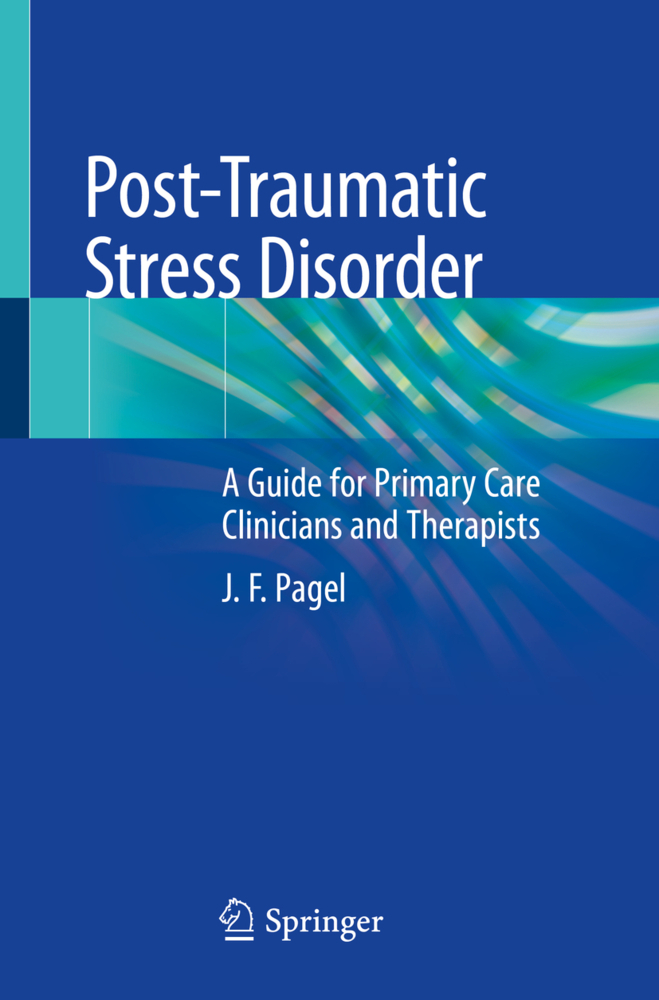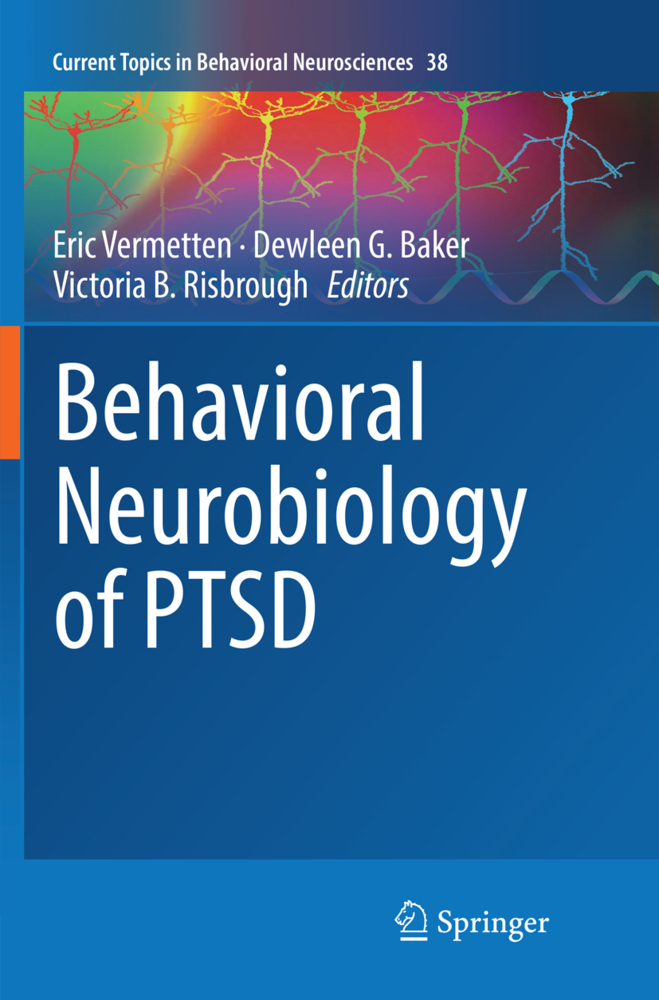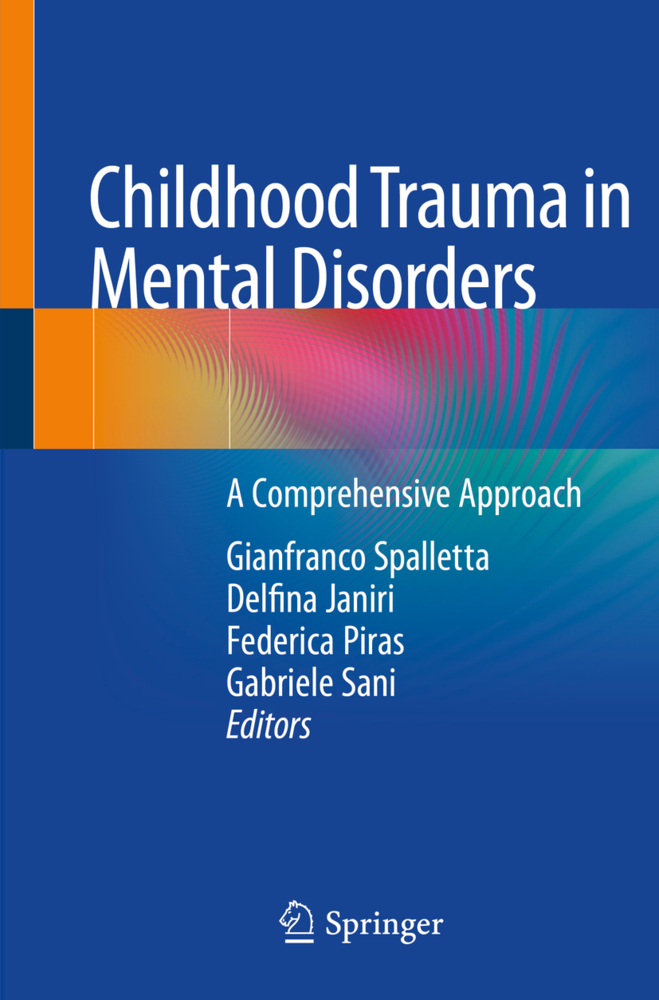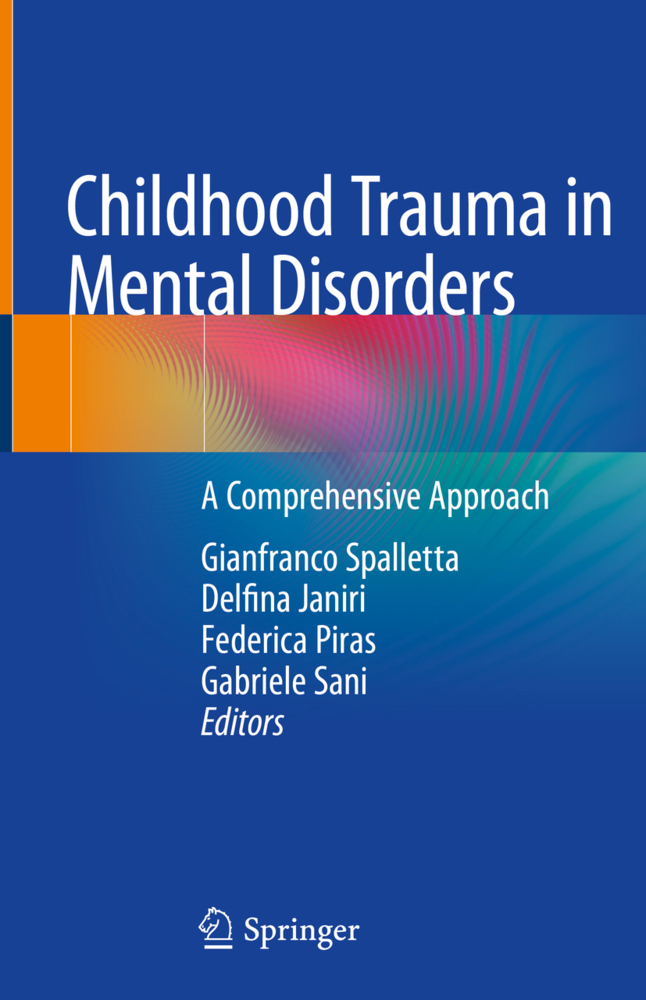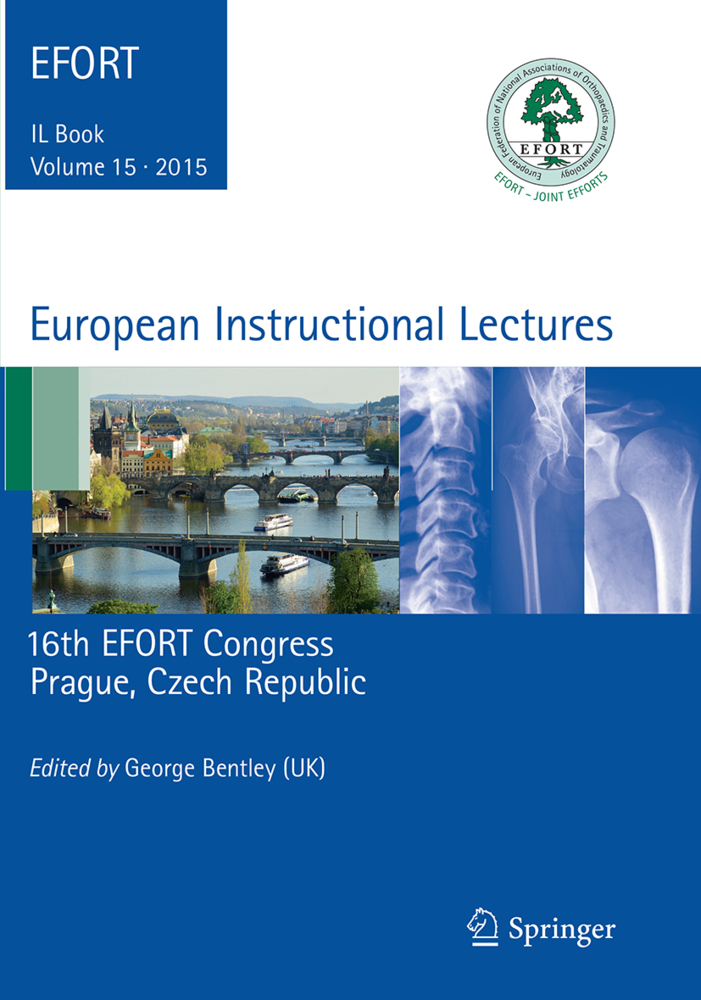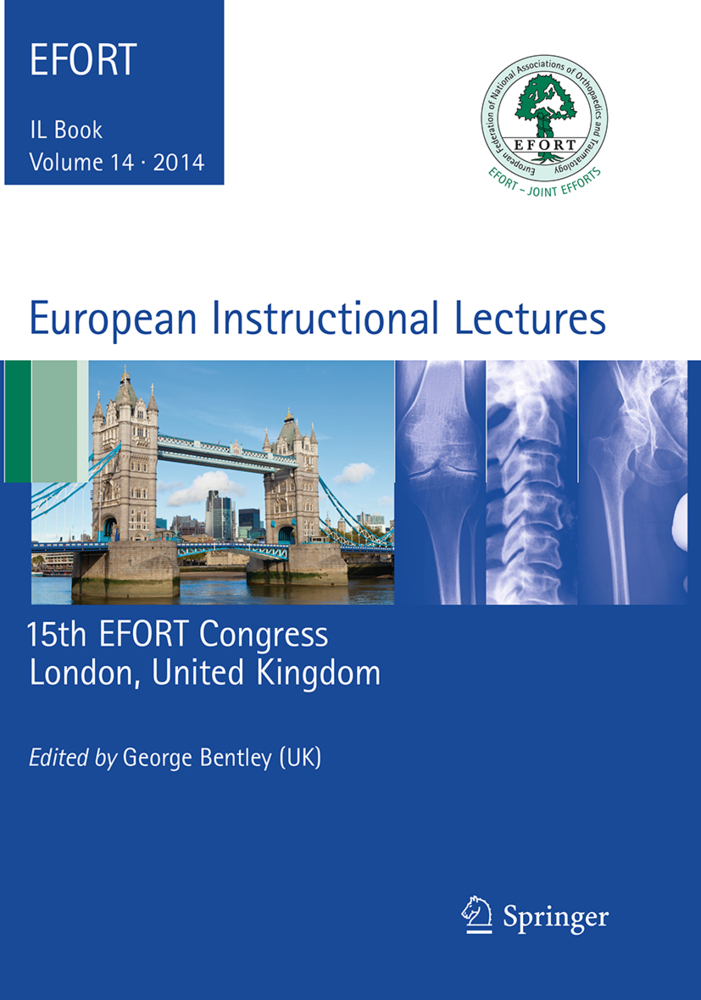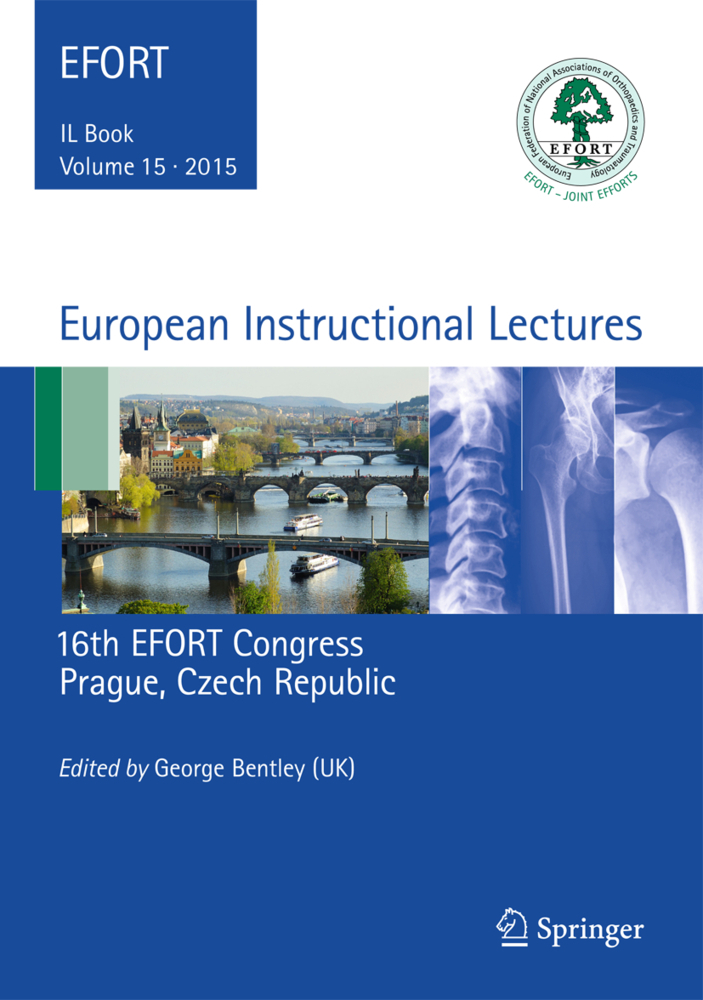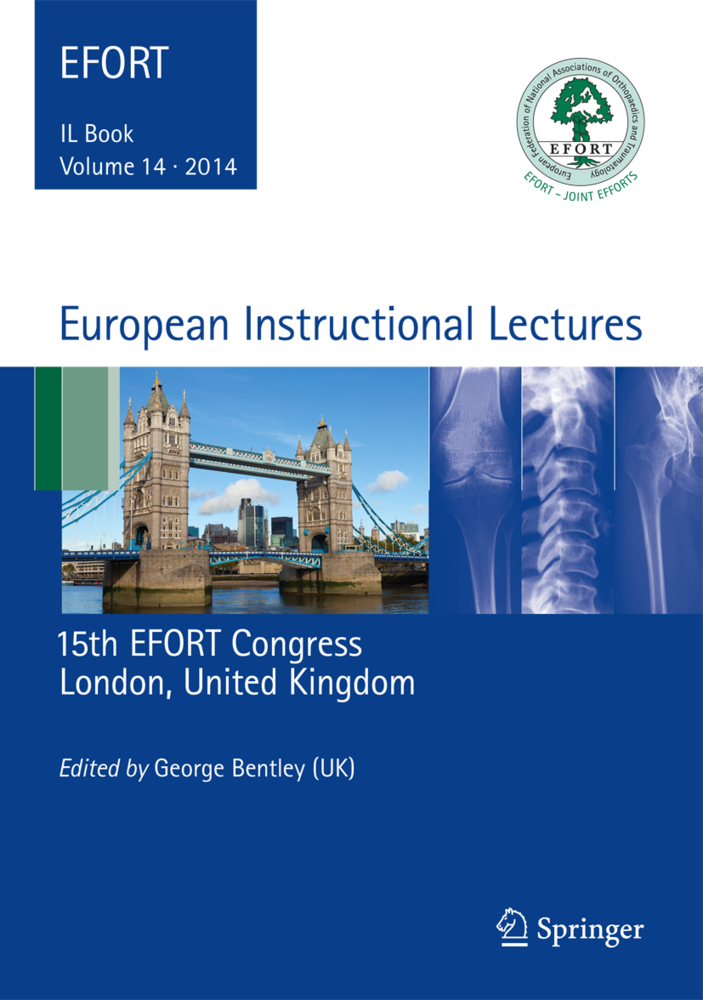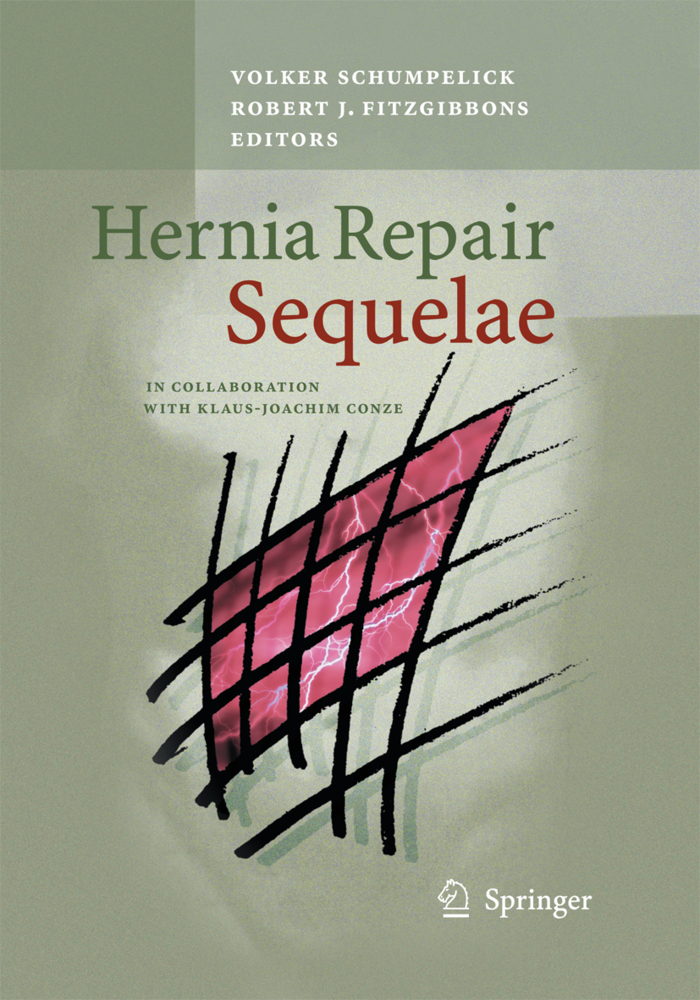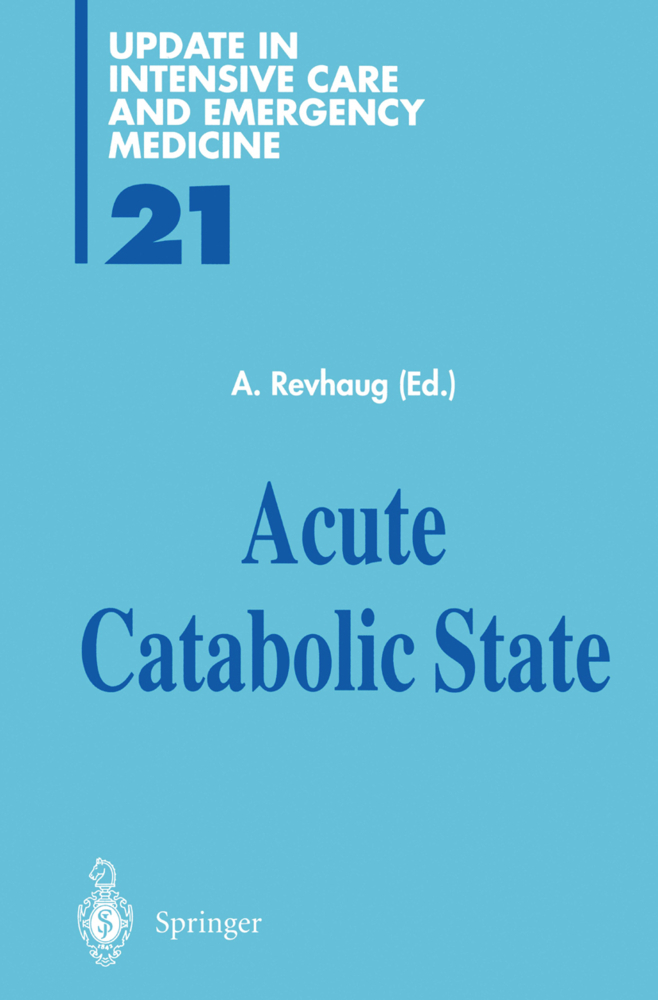Post-Traumatic Stress Disorder
PTSD is in no way an easy diagnosis for the patient, the provider, or the therapist. It is a diagnosis developed at the border of our capacity to handle extreme stress, a marker diagnosis denoting the limits of our capacity for functioning in the stress of this modern world. For both individuals and society, PTSD marks the limits of our available compassion and our capacity to protect ourselves from the dangers of the environment and other humans. PTSD is often a chronic disease, forming at a place where mind sometimes no longer equals the brain, a point at which individual patient requirements often trump theory and belief.
There are treatments for PTSD that work, and many that do not. This book presents evidence, rather than theory, anecdote, or case report. Psychological approaches including prolonged exposure, imagery rehearsal therapy and EMDR have a greater than 75% positive short-term response when used to treat PTSD. Yet these treatments vary markedlyand have different, even contradictory underlying theory and objectives for treatment. Medications, rarely indicated as primary therapy, can be used to treat symptoms and address comorbid PTSD diagnoses. Treatment of sleep apnea in the PTSD population produces a positive effect on symptoms and a reduction in morbidity and mortality across the span of life. Complementary treatments offer the many individuals chronically affected by PTSD assistance in coping with symptoms and opportunities to attempt to functionally integrate their experience of trauma.
1 Shell shock and society
2 Unzipping ptsd - criteria and screeners
3 Disasters and societal trauma - complex and societal ptsd
4 The origins of ptsd - psychodynamic trauma and the human stress response
5 Nightmare science
6 Chronic ptsd
7 Treating the emergency - acute trauma
8 Classic psychotherapy for ptsd
9 Group therapy for ptsd
10 Classic cognitive behavioral therapy
11 Prolonged exposure therapy
12 Eye movement desensitization and processing (emdr)
13 Imagery rehearsal therapy
14 Ptsd - the medications
15 Sleep apnea and ptsd
16 Complementary approaches to healing ptsd - art, body, and mind awareness
17 When treatment doesn't work
18 An evidence-based approach to ptsd therapy.
Pagel, JF
| ISBN | 978-3-030-55908-3 |
|---|---|
| Artikelnummer | 9783030559083 |
| Medientyp | Buch |
| Copyrightjahr | 2020 |
| Verlag | Springer, Berlin |
| Umfang | XIII, 165 Seiten |
| Abbildungen | XIII, 165 p. 17 illus., 6 illus. in color. |

